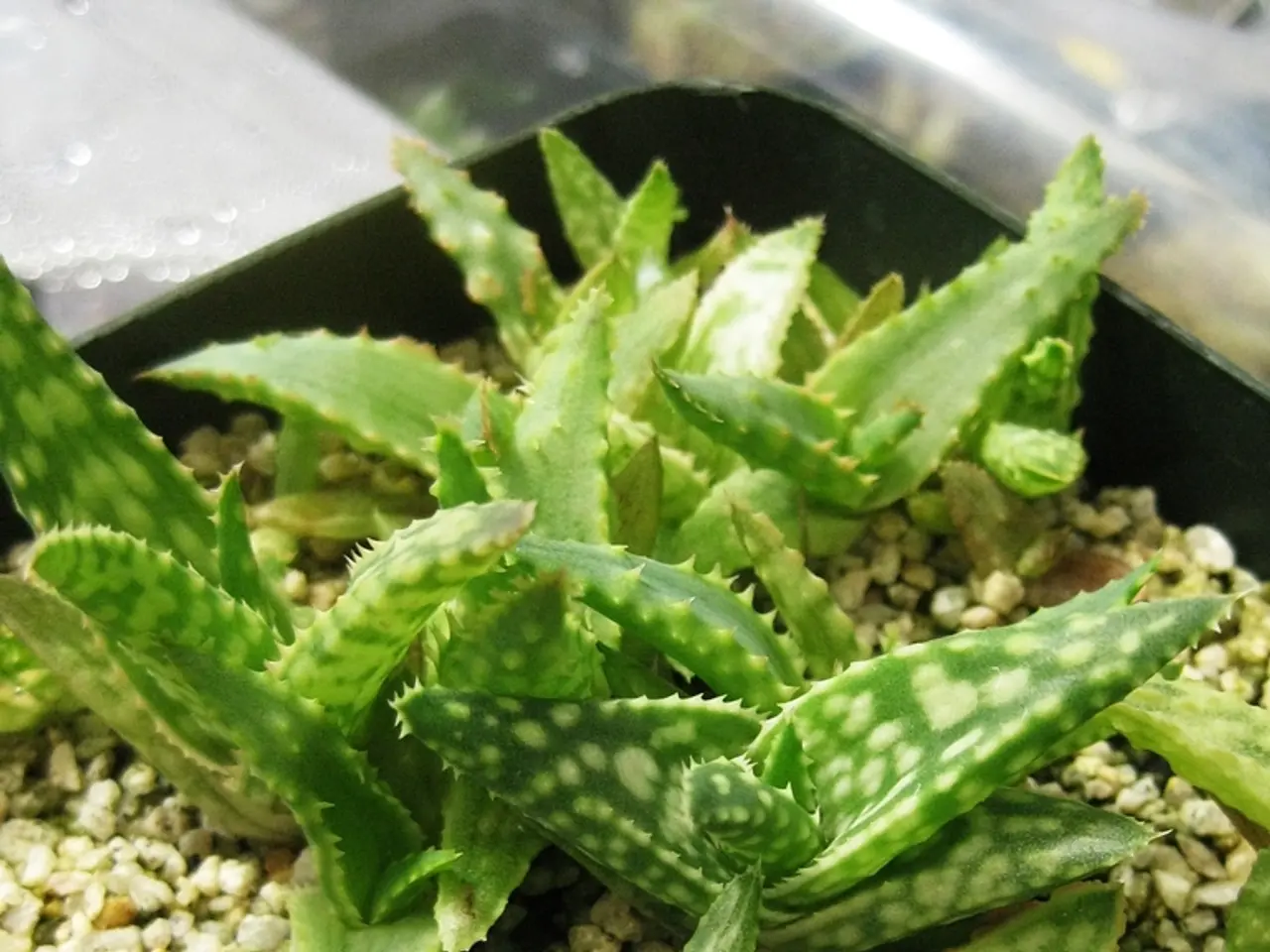Accelerating Wound Healing: 6 Pointers to Consider
In the realm of wound care, home remedies and natural therapies have gained attention for their potential in promoting faster healing. Here are some scientifically supported methods for speeding up the healing of minor wounds.
Red Light Therapy
Red light therapy, with its ability to stimulate cellular repair and reduce inflammation, has proven effective in accelerating wound healing. Numerous clinical studies have demonstrated that wounds treated with red light close faster, with improved tissue quality and reduced pain compared to untreated wounds. This treatment has been tested on various wound types, including everyday cuts and burns, yielding consistent benefits such as faster closure rates and softer, less noticeable scars [1].
Honey
Medical-grade honey, known for its antibacterial properties, creates a moist healing environment that supports faster wound closure. Clinical evidence suggests honey can reduce the risk of infection and inflammation, speeding up healing in minor wounds [3].
Aloe Vera
Aloe vera, rich in bioactive compounds, promotes keratinocyte proliferation (skin cells) and re-epithelialization—the process of wound surface regeneration. This leads to accelerated healing. Aloe vera’s anti-inflammatory and antioxidant properties complement these effects [3][4].
Turmeric
Turmeric, with its active compound curcumin, exhibits anti-inflammatory, antioxidant, and antimicrobial effects, all beneficial for wound healing. Clinical studies indicate turmeric can reduce wound size and inflammation, improving healing times [3].
Growth Factors and Advanced Materials (Emerging Evidence)
Ingredients such as granulocyte-macrophage colony-stimulating factor (GM-CSF) applied in wound dressings have shown accelerated healing in animal models, especially when combined with antibacterial silver and biocompatible materials. While these findings are promising, they are mostly from controlled research settings rather than simple home remedies [2][4].
Practical Advice
Proper wound care, including cleaning and keeping wounds moist but covered, is essential. Avoid using antiseptics on chronic wounds as they may harm healing cells [3]. Avoid prematurely removing scabs or exposing wounds to air for extended periods [3]. Nutrition optimization, including vitamins such as Vitamin E from red palm oil, may support skin repair, but evidence is less definitive for topical Vitamin E [5].
Limitations
While home remedies like honey, aloe vera, and turmeric are supported by clinical studies, the exact protocols (dosage, frequency) vary, and effectiveness depends on wound type and individual health factors. Advanced therapies like red light therapy require specific devices and trained usage.
In summary, red light therapy, honey, aloe vera, and turmeric are scientifically supported home remedies for speeding minor wound healing, backed by clinical evidence showing faster closure, improved tissue quality, and reduced inflammation [1][3][4].
When it comes to severe injuries requiring broken bones or excessive bleeding, always seek medical help. Aged garlic extract has wound healing potential, depending on the dosage, according to preclinical studies. Coconut oil contains the antimicrobial substance monolaurin, which can help reduce the risk of wound infections. Honey has antioxidant, antibacterial, and anti-inflammatory properties, which can improve wound healing and reduce scar formation. Several clinical trials have shown the efficacy of garlic in treating wounds.
- In the realm of aged-related health issues, multiple studies are investigating the predictive roles of factors like arthritis, macular degeneration, diabetes, COPD, and multiple sclerosis in age-related degeneration.
- In the health-and-wellness industry, science is continually advancing, providing new insights into psoriatic diseases and skin-care solutions.
- Fitness-and-exercise routines often incorporate therapies-and-treatments designed to alleviate muscle pain, reduce inflammation, and improve mobility in individuals suffering from various age-related conditions.
- Science has identified several nutritional elements crucial for maintaining good health and preventing accident-and-falls, especially as we age, such as a balanced diet rich in essential minerals and vitamins like vitamin D.
- The predictive modeling of disease progression, ranging from arthritis to diabetes, is a significant focus in the scientific community, aiming to improve treatment strategies and quality of life for those affected.
- As part of a comprehensive health-and-wellness regimen, regular skin-care routines that include plant-based oils like coconut oil and aloe vera can help maintain healthy skin and support wound healing.
- Modified versions of growth factors, like granulocyte-macrophage colony-stimulating factor (GM-CSF), are being researched for their potential role in advanced wound therapies and treatments, focusing on enhancing the body's natural healing processes.
- Eating a balanced diet rich in antioxidants can support overall health and potentially reduce the risk of degenerative diseases, such as macular degeneration, diabetes, and COPD.
- While home remedies and natural therapies can contribute to the healing of minor wounds, treatments for severe injuries like broken bones or excessive bleeding require immediate medical attention.




